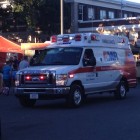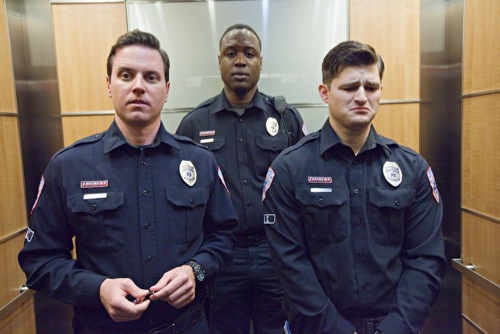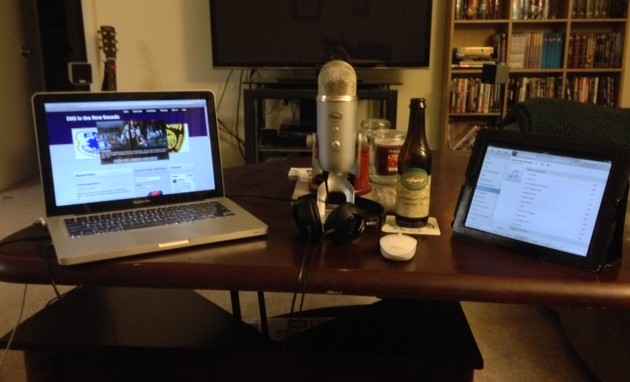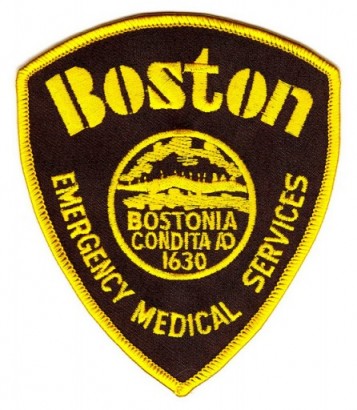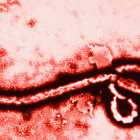
Oct 20, 2014
In light of all of the media attention being made about the most recent Ebola outbreak that has now spread to the United States, I thought it would be beneficial to put together a three part series about the Ebola Virus. In this first part, we will talk about the history of the disease to help us better understand where it came from, and the impact that it has had over the past nearly forty years. Part two will talk about what you as an EMS responder needs to know about the disease, and in the final part we will talk about things that you should think about after dealing with a potentially infected patient. The Discovery of Ebola Ebola was discovered after its first documented outbreak in 1976 which occurred from June through November in Nzara, South Sudan. The World Health Organization (WHO) knew that they were dealing with some sort of hemmoragic fever but did not realize that it would be as deadly as the Ebola virus turned out to be. The first documented case of Ebola was discovered on June 27th when a Sudanese store owner became symptomatic and died just nine days later. In total, the first outbreak of Ebola infected 284 people and resulted in 151 deaths. The disease was named nearly six months later for the Ebola River which is located near the location of the first documented outbreak. With the disease becoming more publicized thanks to the WHO and Center for Disease Control and Prevention’s (CDC) involvement, an additional 318 cases were identified with 280 of them proving to be fatal. The two departments undertook a combined effort to contain the disease and were eventually successful in doing so. Interestingly enough, one of the most effective strategies that was used to contain the outbreak was the advocating of the discontinuation of reusing needles by local medical providers. Over the next nearly twenty years the disease stayed out of the headlines and off the radar of the CDC and WHO then in 1995, the second major outbreak of Ebola occurred in Congo infecting 315 people and killing 254. Five years later, another outbreak occurred in Uganda claiming an...

